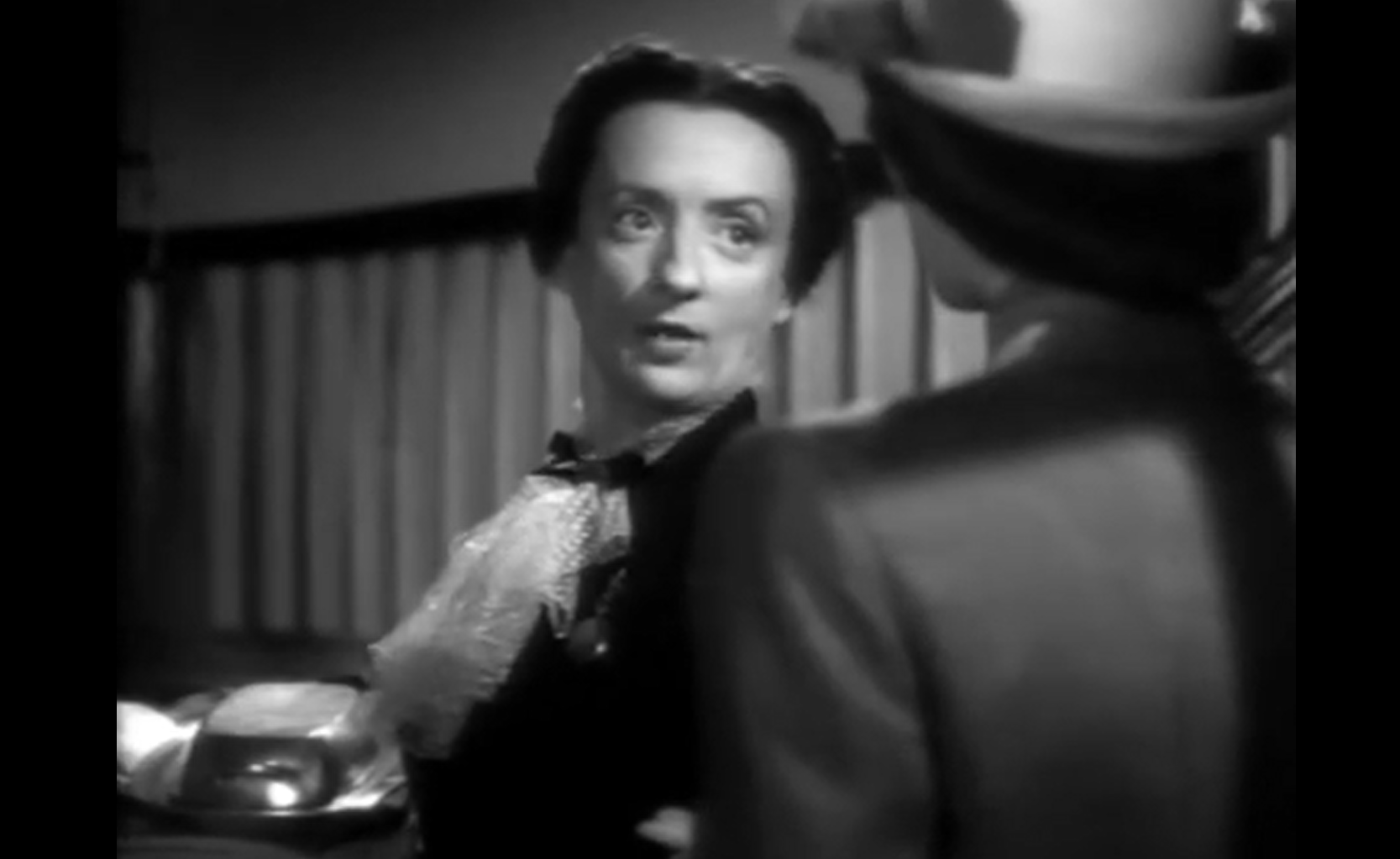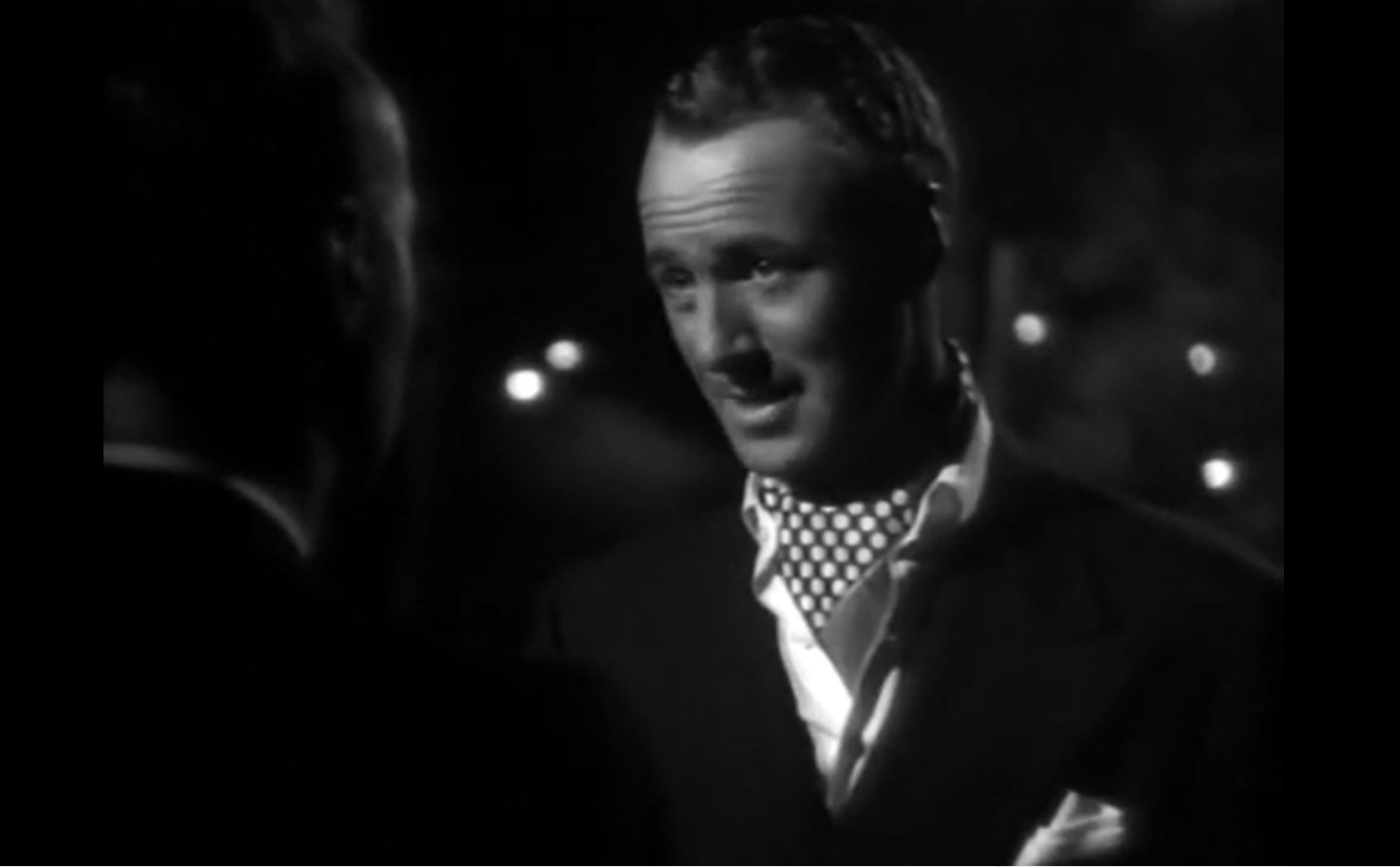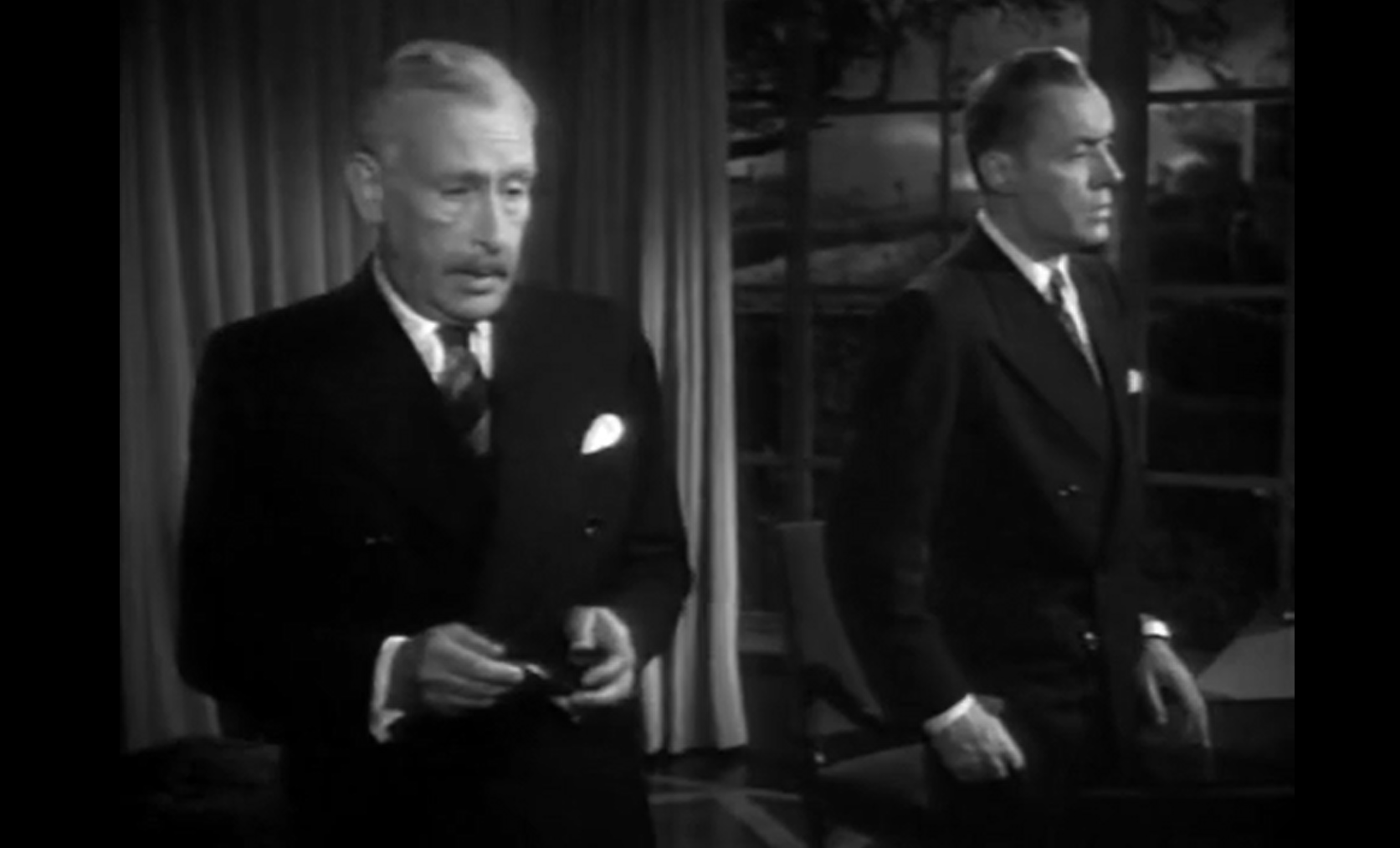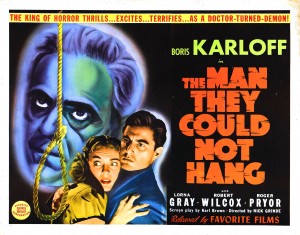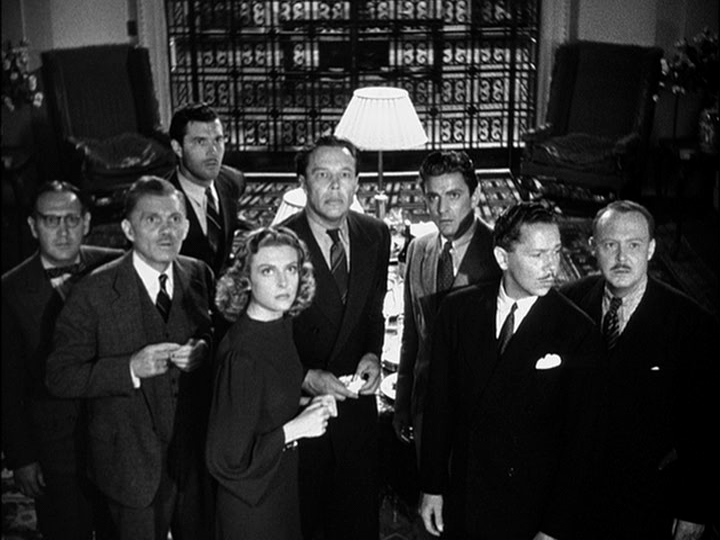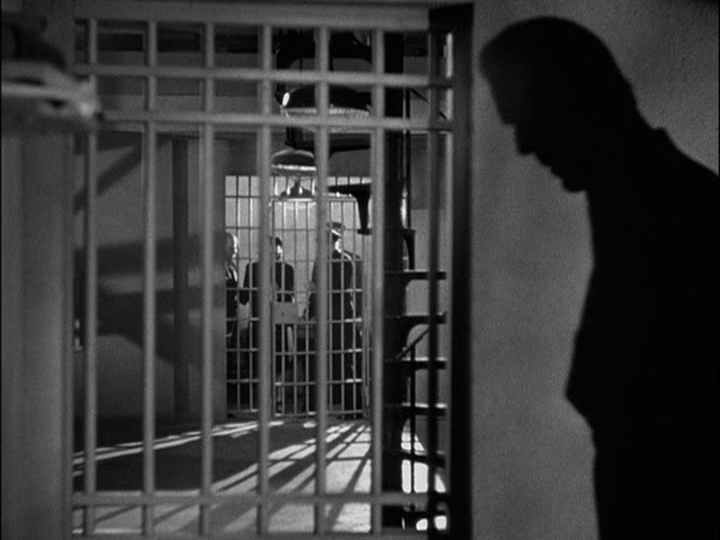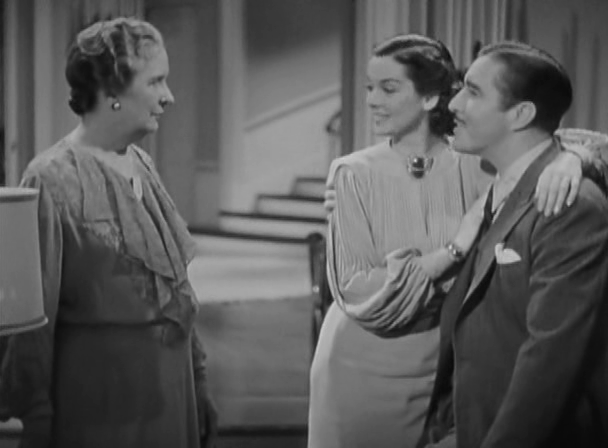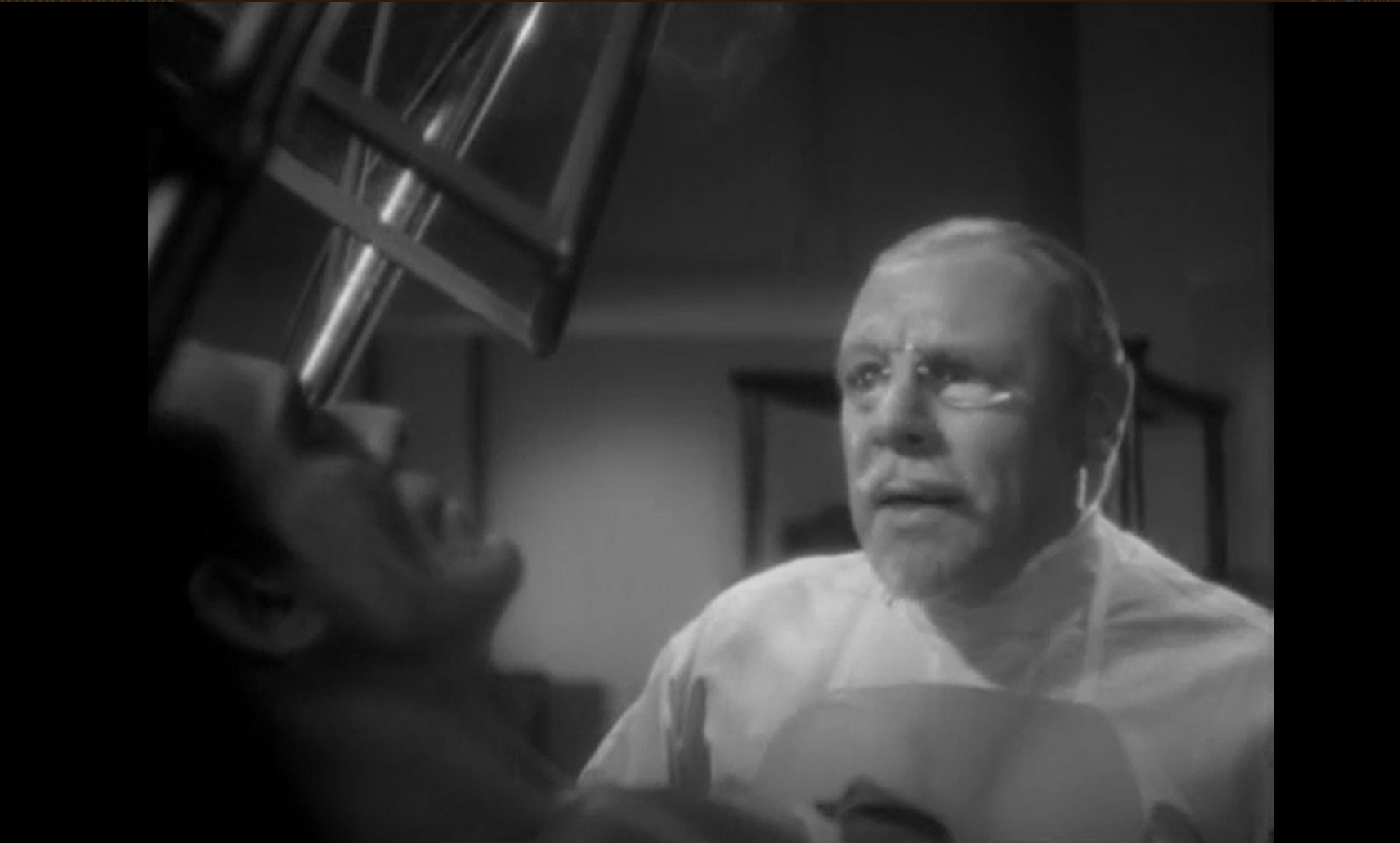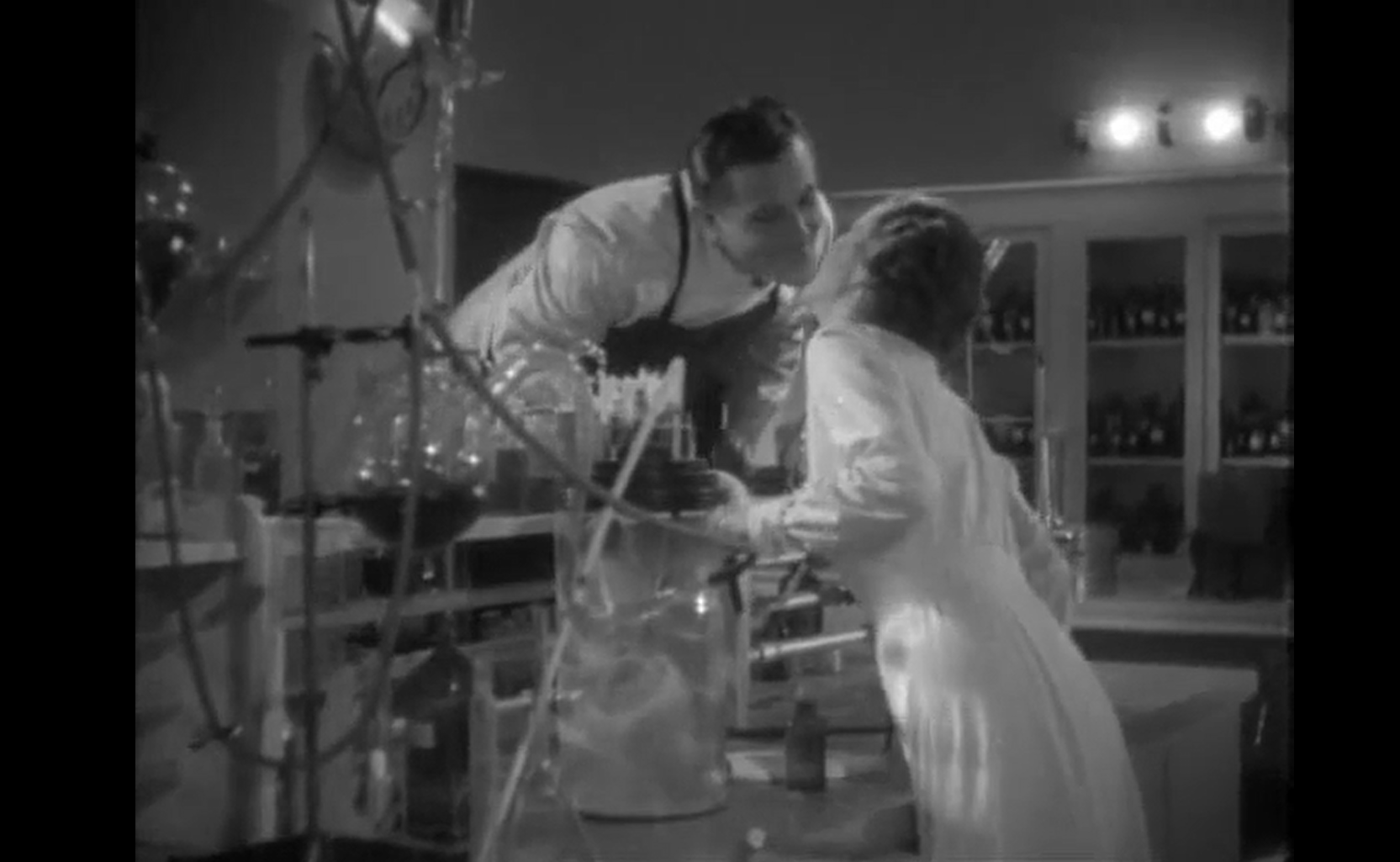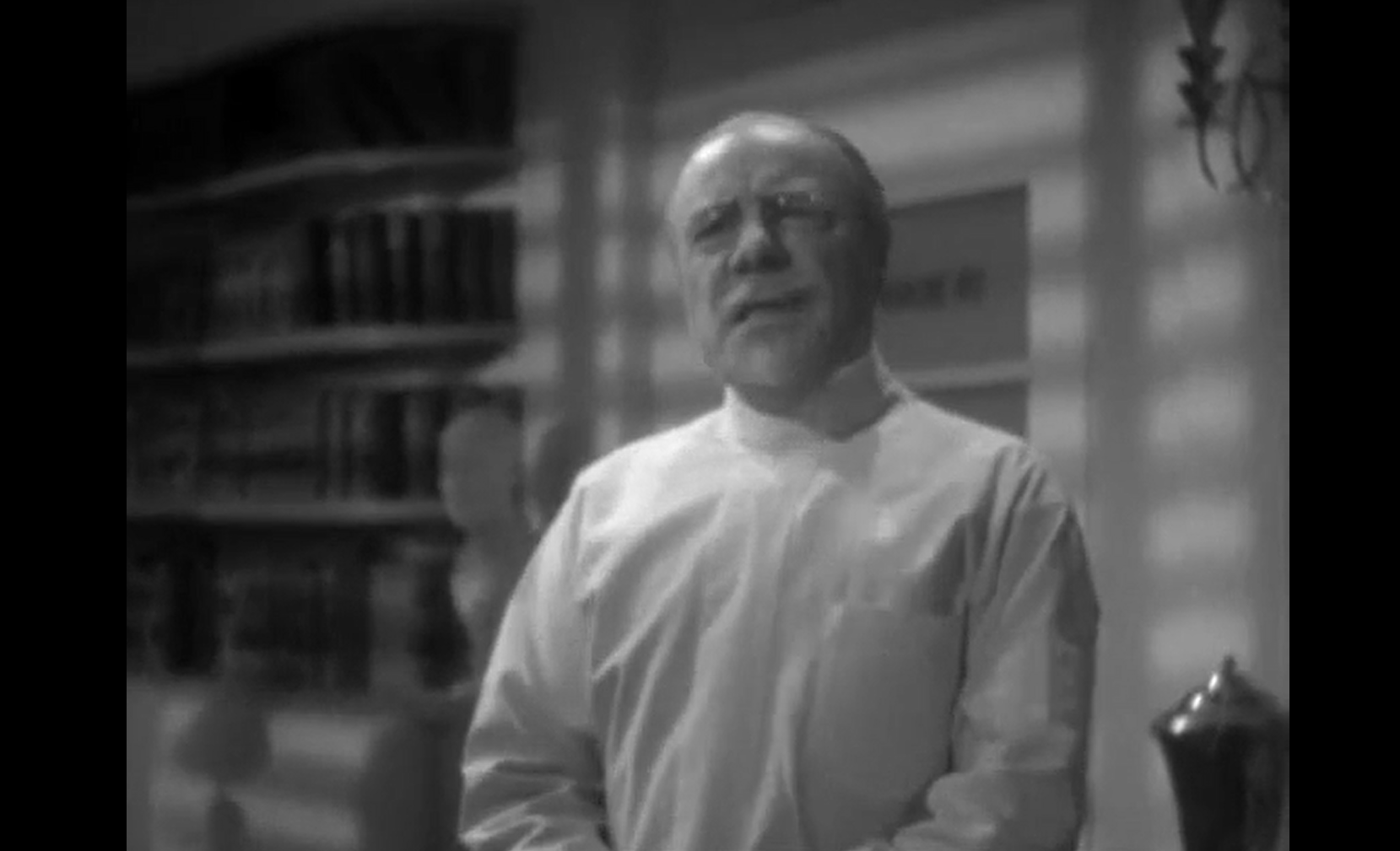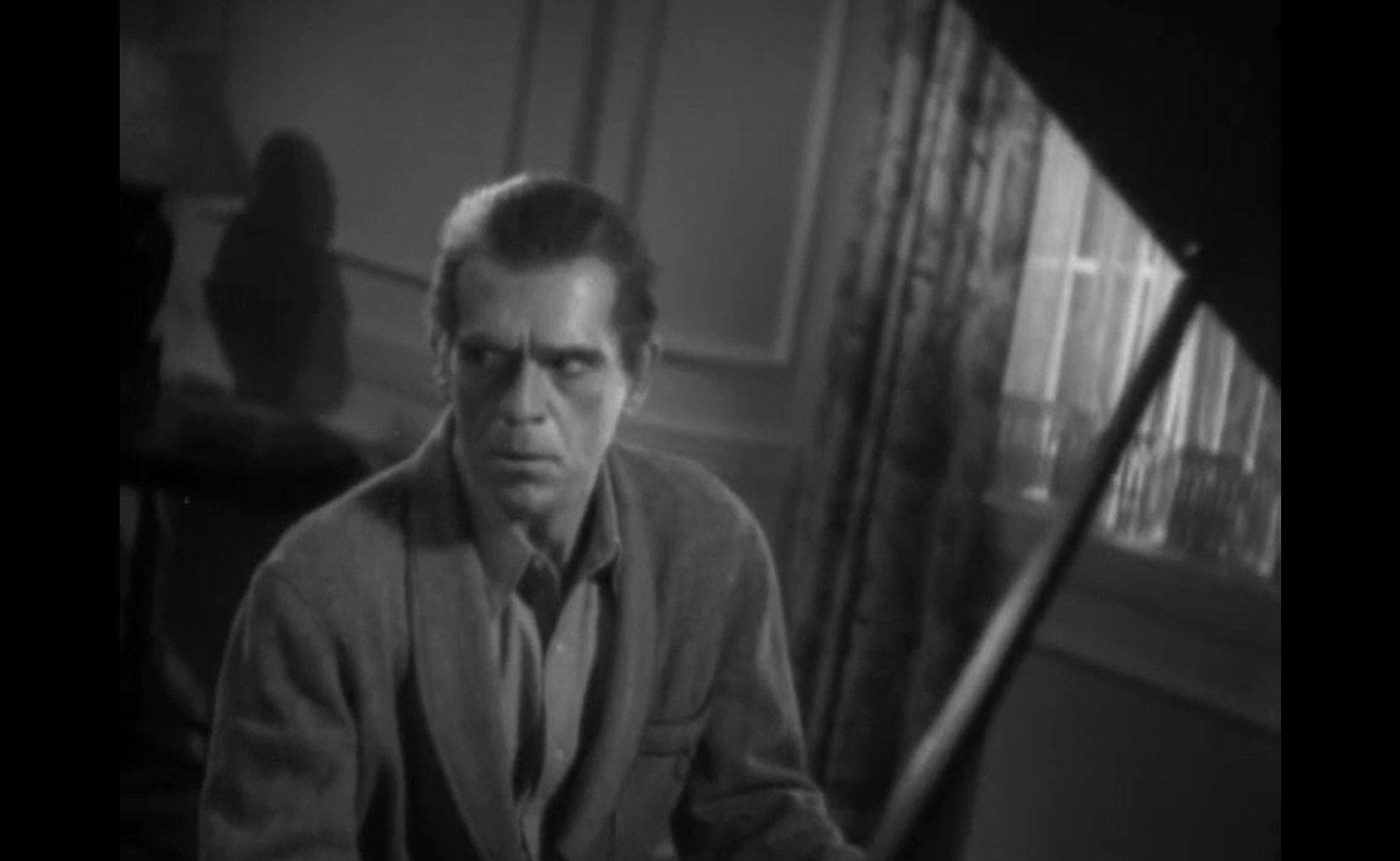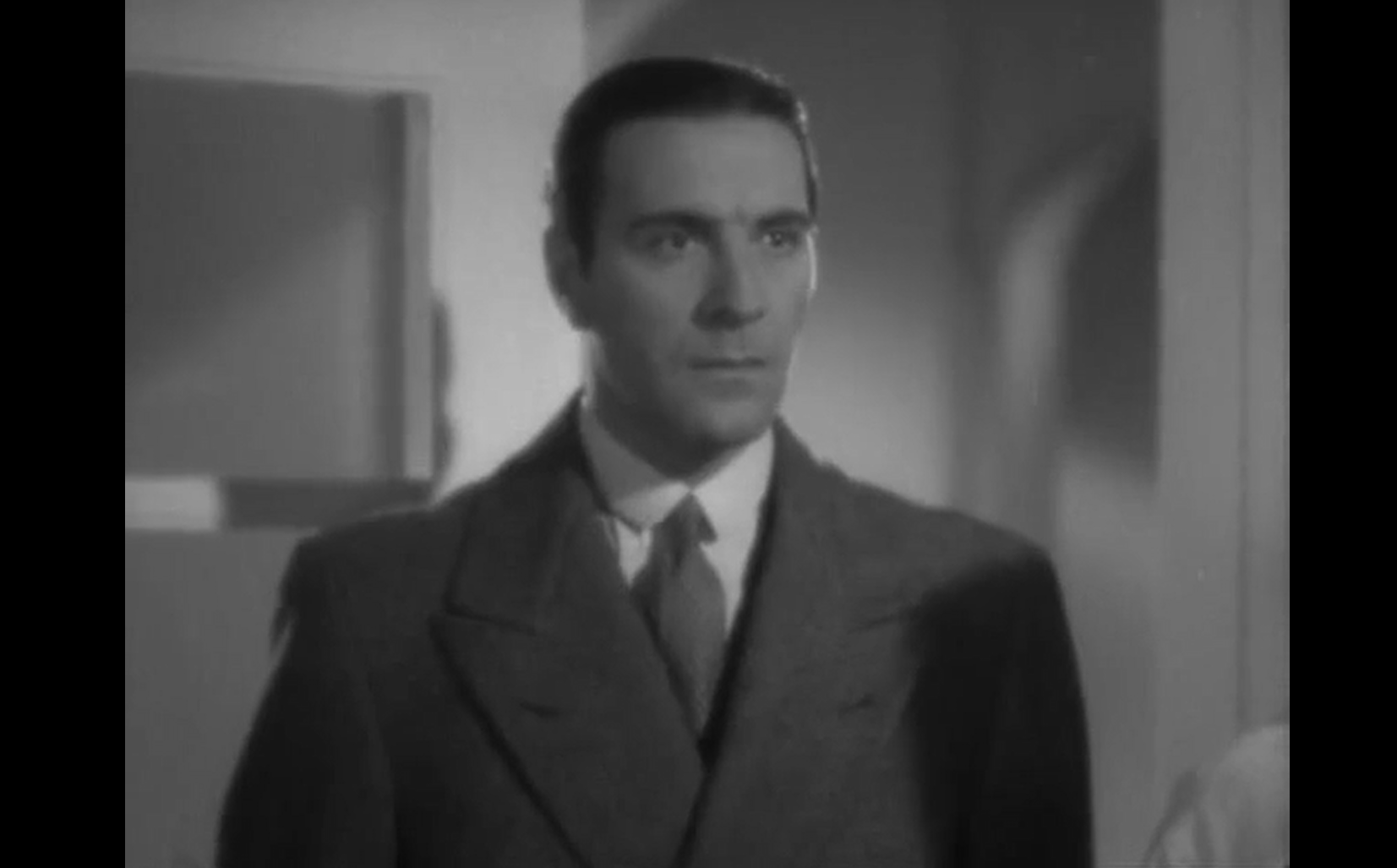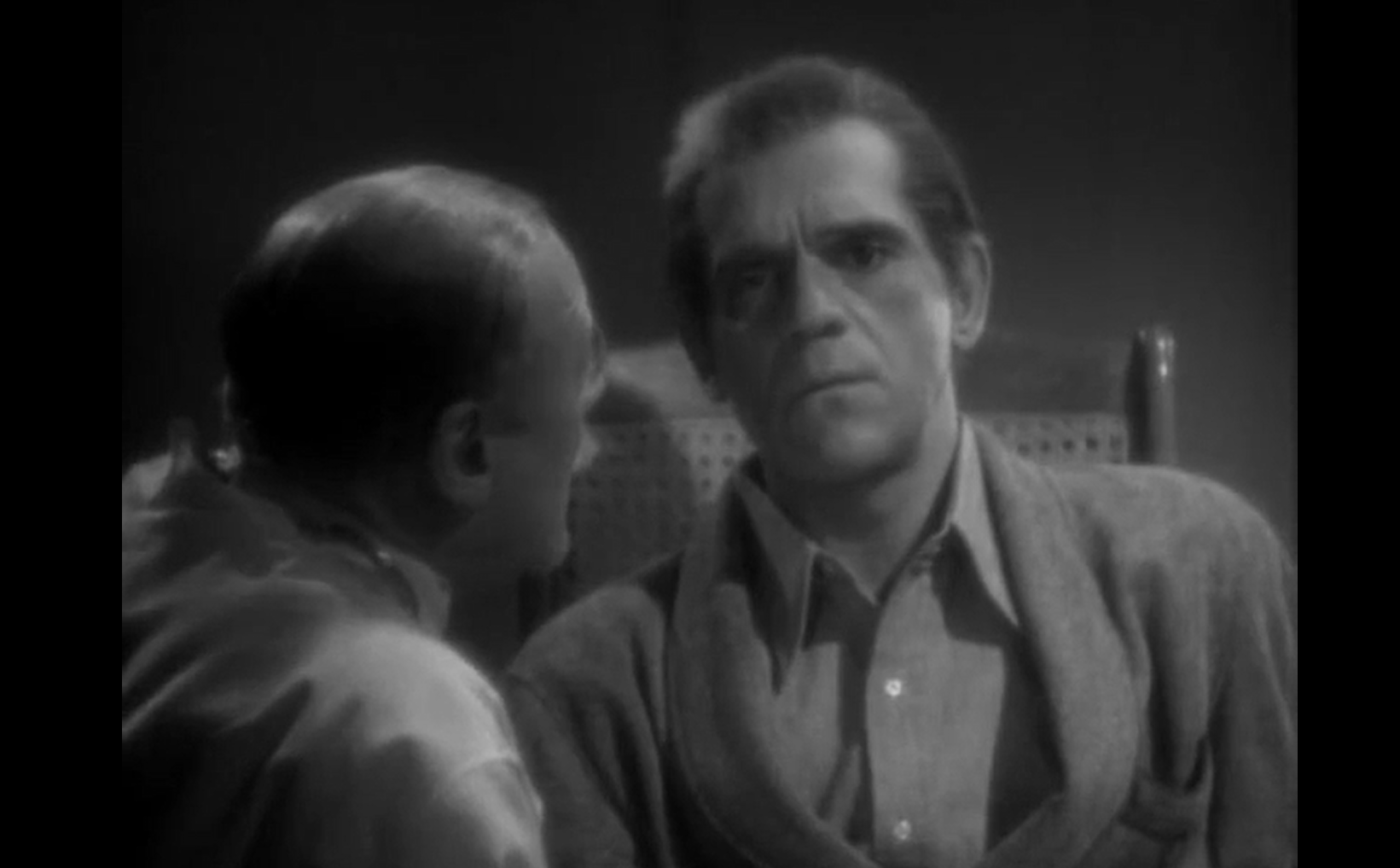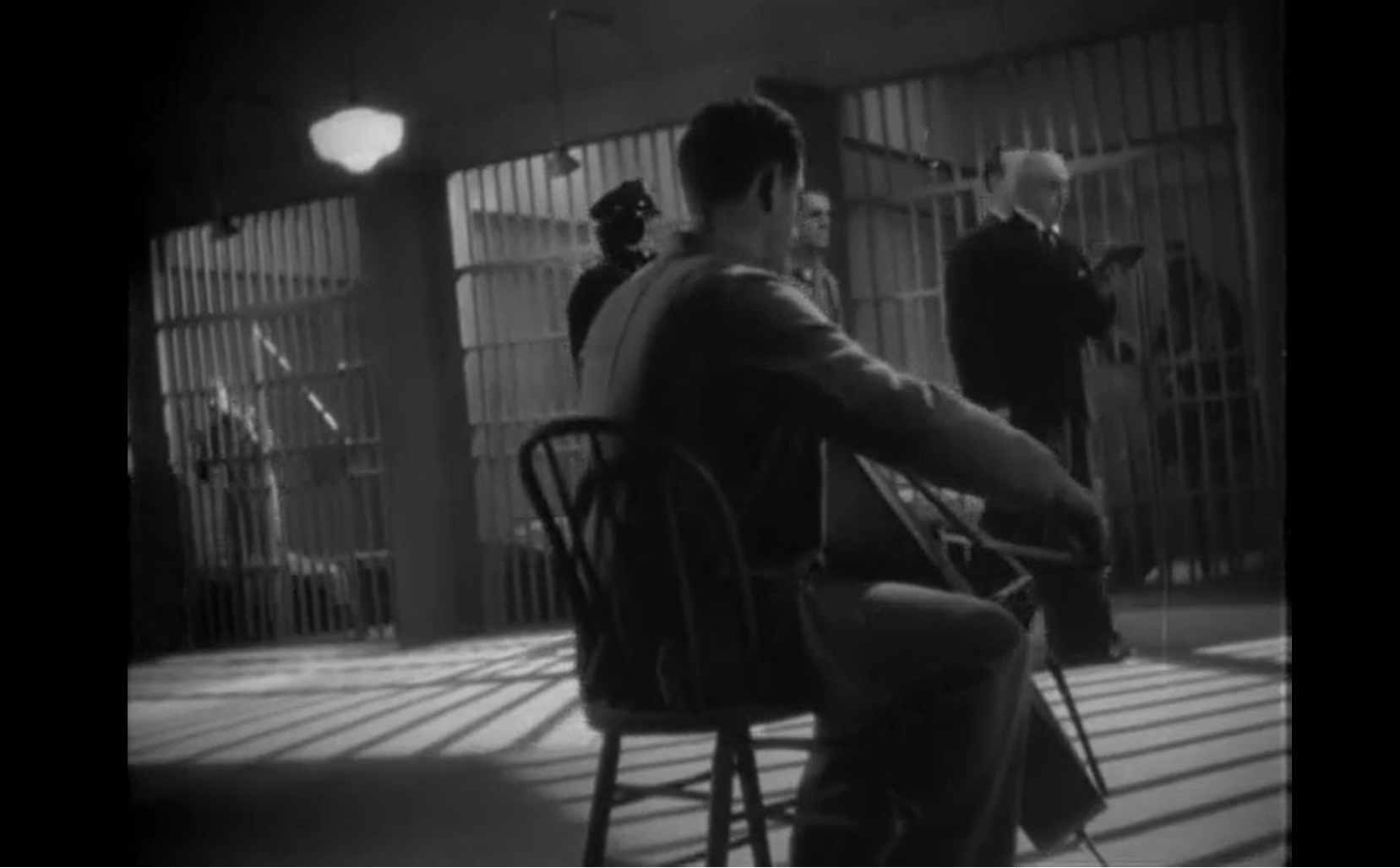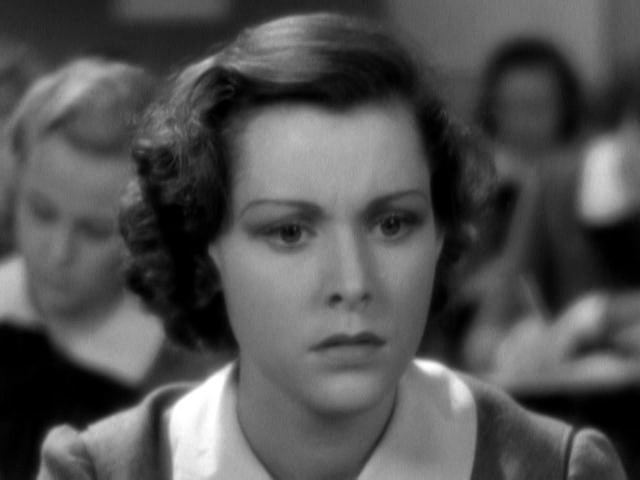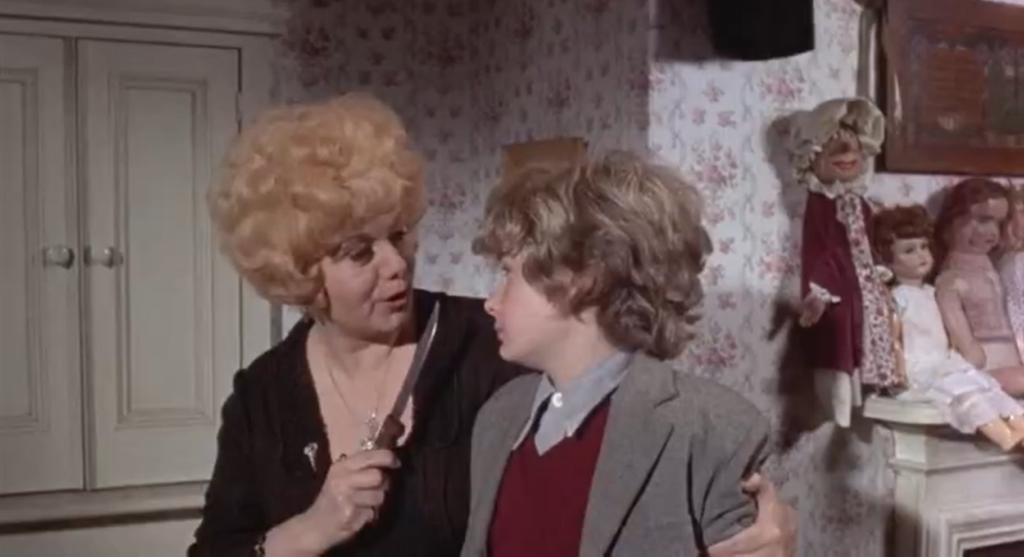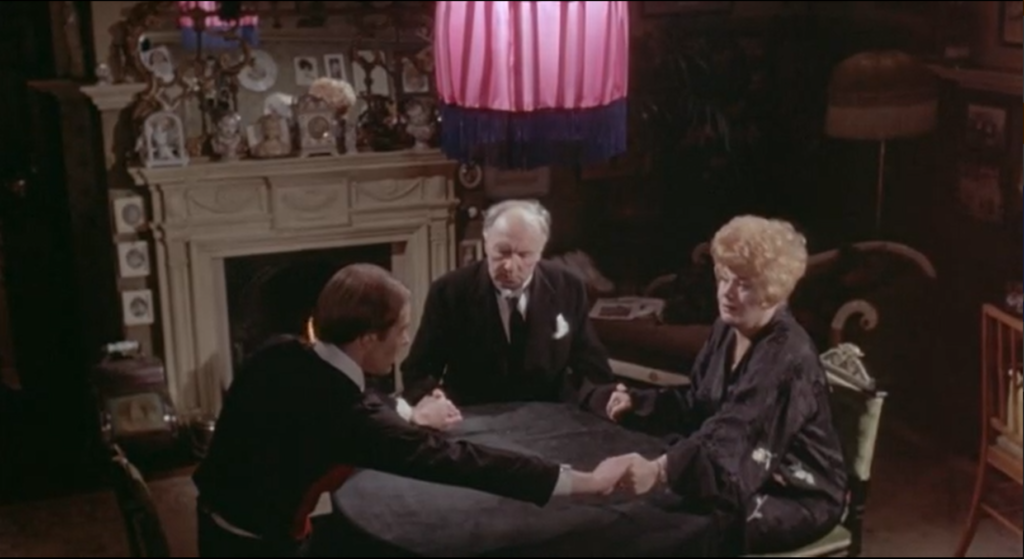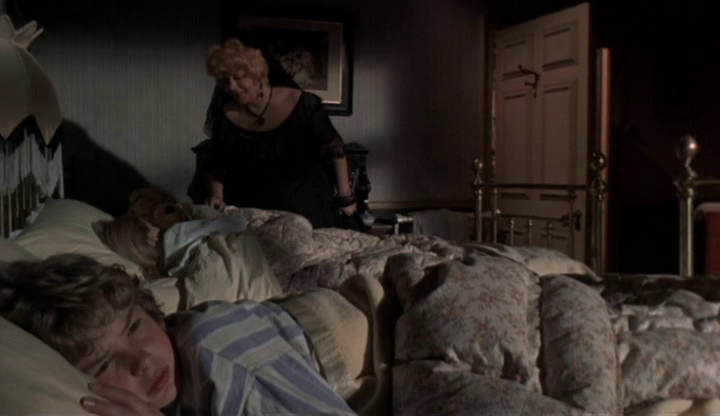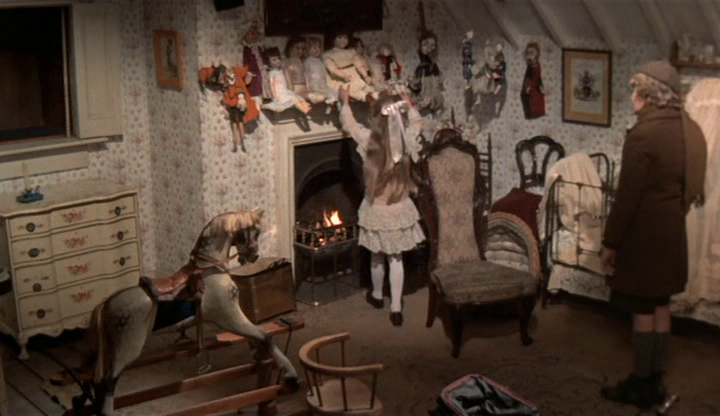|
Genres, Themes, Actors, and Directors:
Response to Peary’s Review:
Peary accurately argues that this “meaningful, heartfelt film by Lynne Littman is the bleakest of all nuclear-holocaust pictures”; indeed, I believe it’s actually one of the most emotionally devastating films ever made (so be forewarned!). Peary notes that while “in most nuclear-holocaust films the survivors struggle but eventually figure out the way to start a new world”, in this film “there will be no future”, which makes it particularly touching to see how Alexander’s two eldest children (Zal and Harris) “reveal tremendous qualities” during their final weeks and months of remaining alive; both actors do an impressive job conveying their resignation and sorrow (and fans of Airplane! will be especially gratified to see that young Harris really should be remembered for more than just being asked about his knowledge of grown men and Turkish baths). Alexander, meanwhile, clearly deserved her Oscar nomination (seconded by Peary) as the children’s grieving yet resilient mother, who does what she can to provide for her family in the face of unspeakable devastation and loss.
What’s most impressive (and effective) about Testament is its quiet authenticity. As the film opens, rather than presenting an idyllic, pastoral representation of life in small-town America, we see a typically hectic morning in the Wetherly household, with Alexander frantically trying to get her kids ready to leave for school, and Harris feeling slightly put-upon by his over-eager dad, who insists on challenging him to a rigorous, semi-competitive bike ride early each morning; meanwhile, Alexander and Devane quibble (she pours dry cereal over his head in frustration when he refuses to take time for breakfast), but they make up with one another later that night in a way that demonstrates the ultimate solidity of their marriage. The time Littman takes to show us all of these seemingly mundane details results in an even more powerful sense of shock and loss when “there is a flash in the sky from [a] bomb” — a moment that “should give every viewer a sick feeling in the stomach”, given that “a nuclear explosion cannot be reversed”.
Community relations are quickly strained, and we see the effect on more than just Alexander’s family. Kevin Costner and Rebecca De Mornay, for instance, play a young couple whose newborn quickly becomes a casualty of the blast; meanwhile, a Japanese-American gas station owner (Mako) with a mentally retarded son (Gerry Murillo) suddenly finds himself in an unexpected position of power, given his access to valuable fuel. Other than a few such contextualizing scenes, however (including the casual arrival of a neighborhood boy whose parents have disappeared, and who comes to live with Alexander’s family), the story remains heavily focused on Alexander’s attempts to help her own family survive. To that end, viewers have debated the ultimate wisdom of her character’s choice to simply stay put in her house, waiting for what seems like the inevitable, painful death of herself and her loved ones; many wonder why she doesn’t attempt to flee with her family to a different, less exposed location (which is what Costner and De Mornay’s characters do). Yet I find her decision eminently logical and realistic; in the face of ultimate powerlessness, it makes sense to stay in a comfortable and “known” location, and the film is no less potent or revealing because of this pivotal narrative choice.
Redeeming Qualities and Moments:
- Jane Alexander as Carol Wetherly
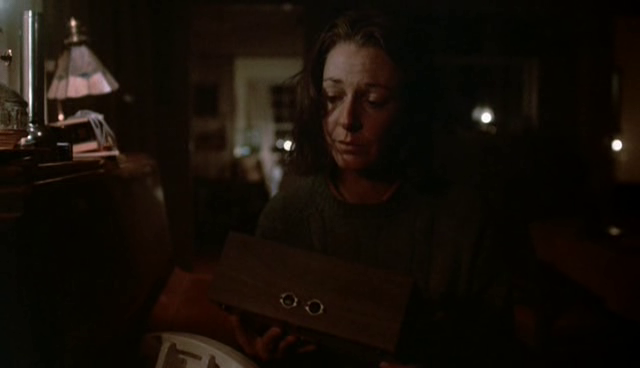
- Ross Harris as Brad Wetherly
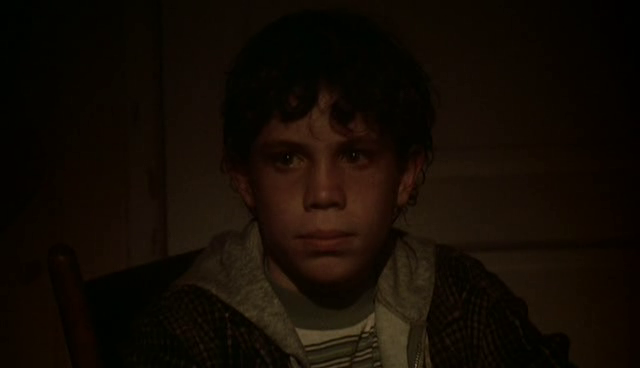
- Roxana Zal as Mary Liz Wetherly
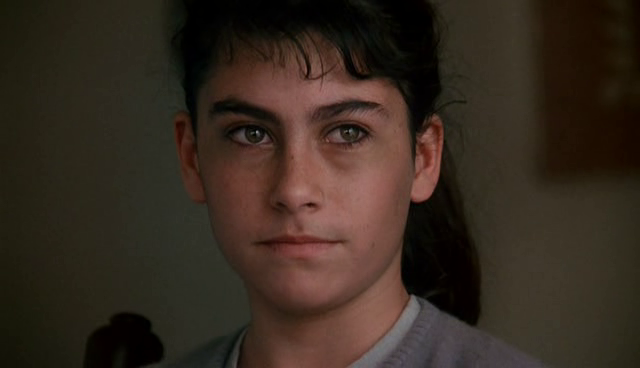
- A truly chilling, haunting screenplay
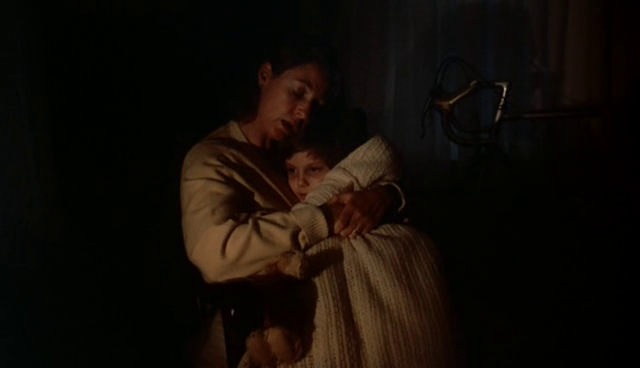
Must See?
Yes, most definitely — but get ready to be devastated.
Categories
Links:
|


